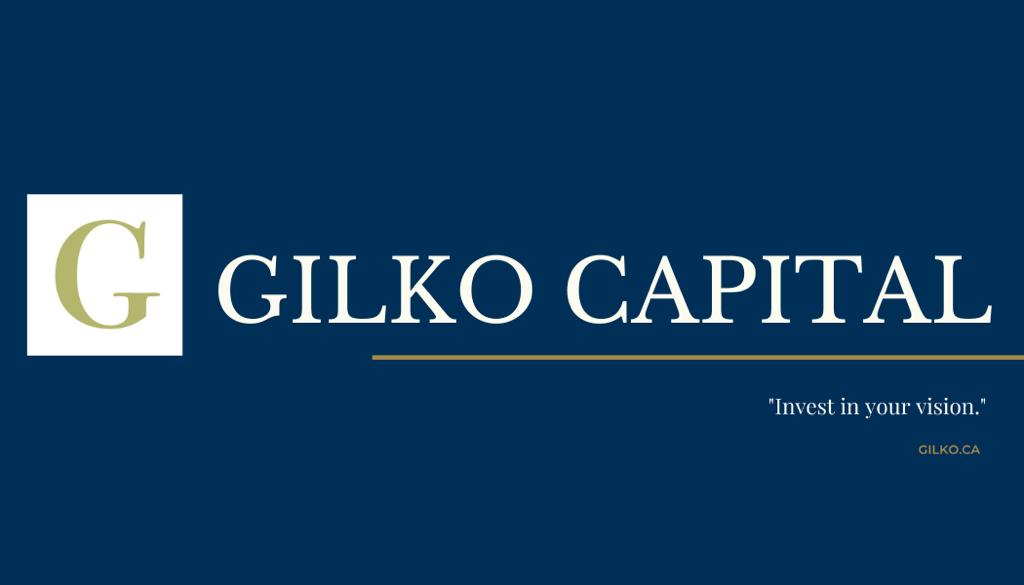Financial leveraging can be an effective strategy for growing wealth, but it also comes with risks that should be carefully considered. In simple terms, financial leveraging refers to using borrowed funds to invest, with the goal of generating a return that is greater than the cost of borrowing. However, as with any investment strategy, there are risks involved.
One of the main risks of financial leveraging is the potential for losses. When you borrow money to invest, you are essentially amplifying the returns and losses of your investment. If the investment performs well, the returns will be greater than if you had only invested your own funds. However, if the investment performs poorly, the losses will also be greater, and you may find yourself in a situation where you owe more than your investment is worth.
Another risk of financial leveraging is the potential for interest rate fluctuations. When you borrow funds, you are typically subject to interest rate fluctuations, which can affect the cost of borrowing. If interest rates rise, the cost of borrowing will increase, which can have a negative impact on your investment returns. Similarly, if interest rates fall, the cost of borrowing will decrease, which can have a positive impact on your investment returns.
Leveraging can also be risky if you do not have a solid investment strategy in place. If you borrow funds without a clear plan for how you will invest them, you may find yourself in a situation where you are taking on too much risk or investing in assets that do not align with your overall financial goals.
It is important to note that leveraging is not necessarily a bad thing, and can be a useful tool for growing wealth when used wisely. However, it is crucial to carefully consider the risks involved and to have a solid plan in place before borrowing funds to invest.
In summary, the risks of financial leveraging include potential losses, interest rate fluctuations, and the lack of a solid investment strategy. These risks should be carefully considered before deciding to use leveraging as a wealth-building strategy.

